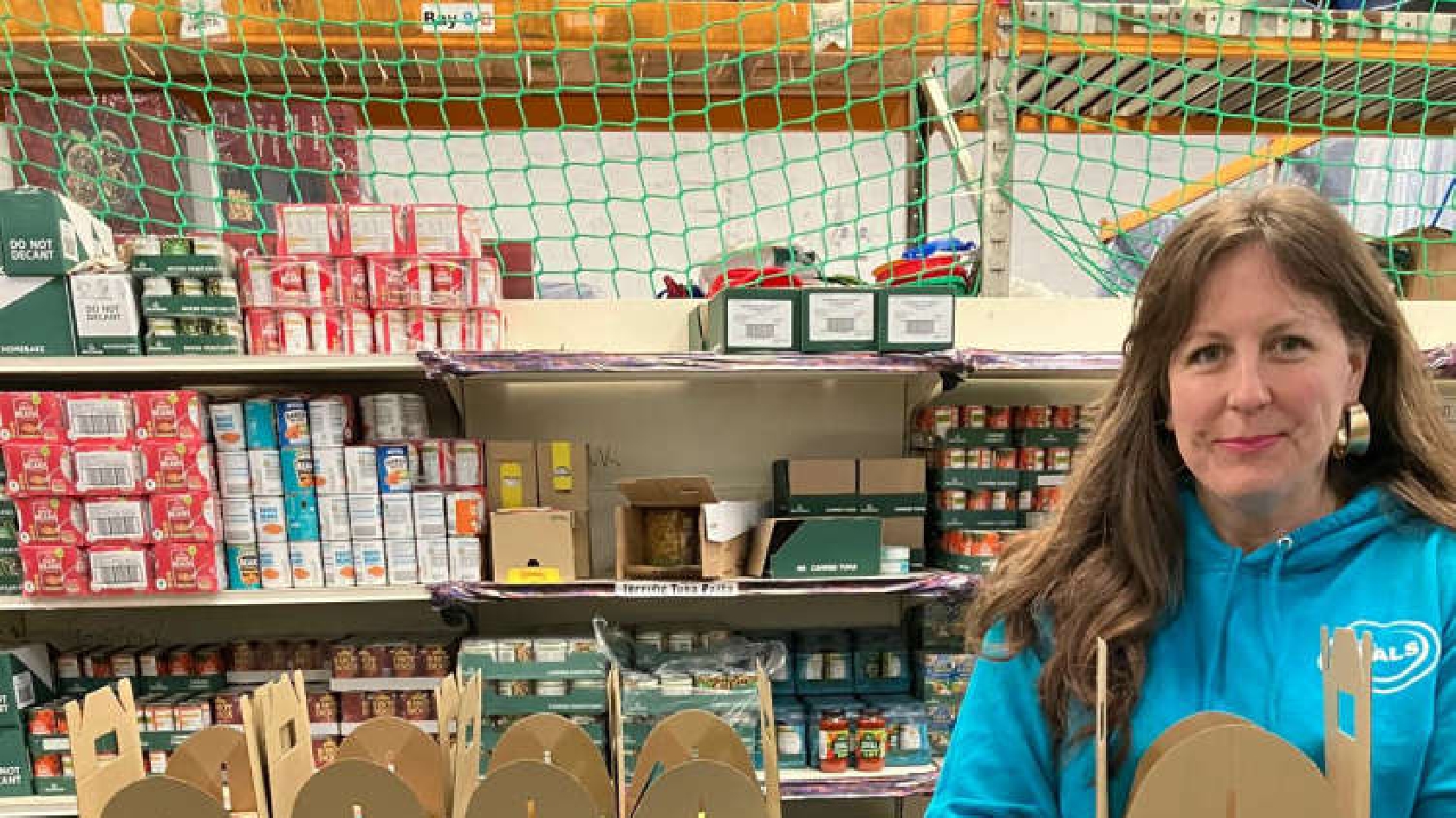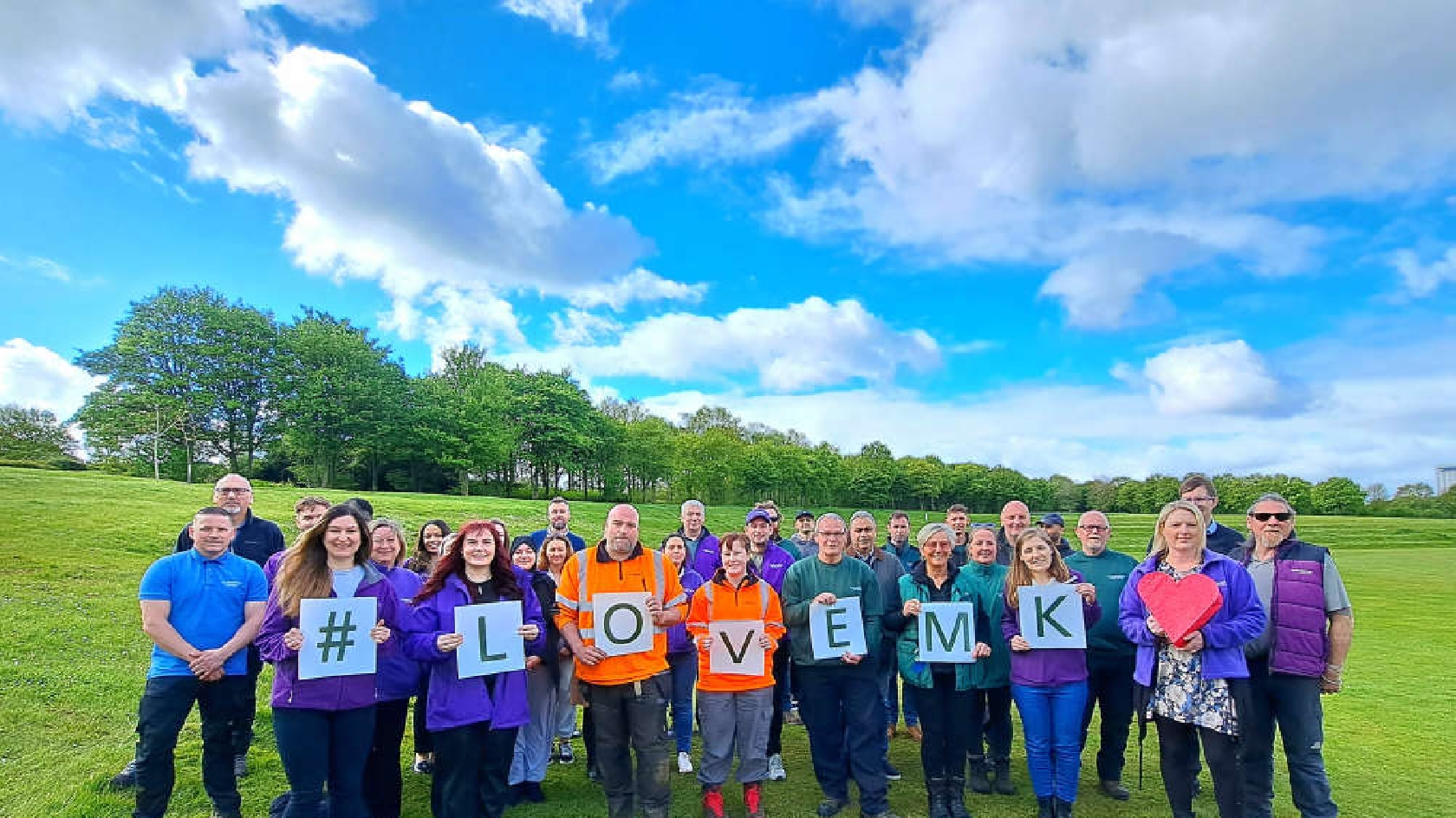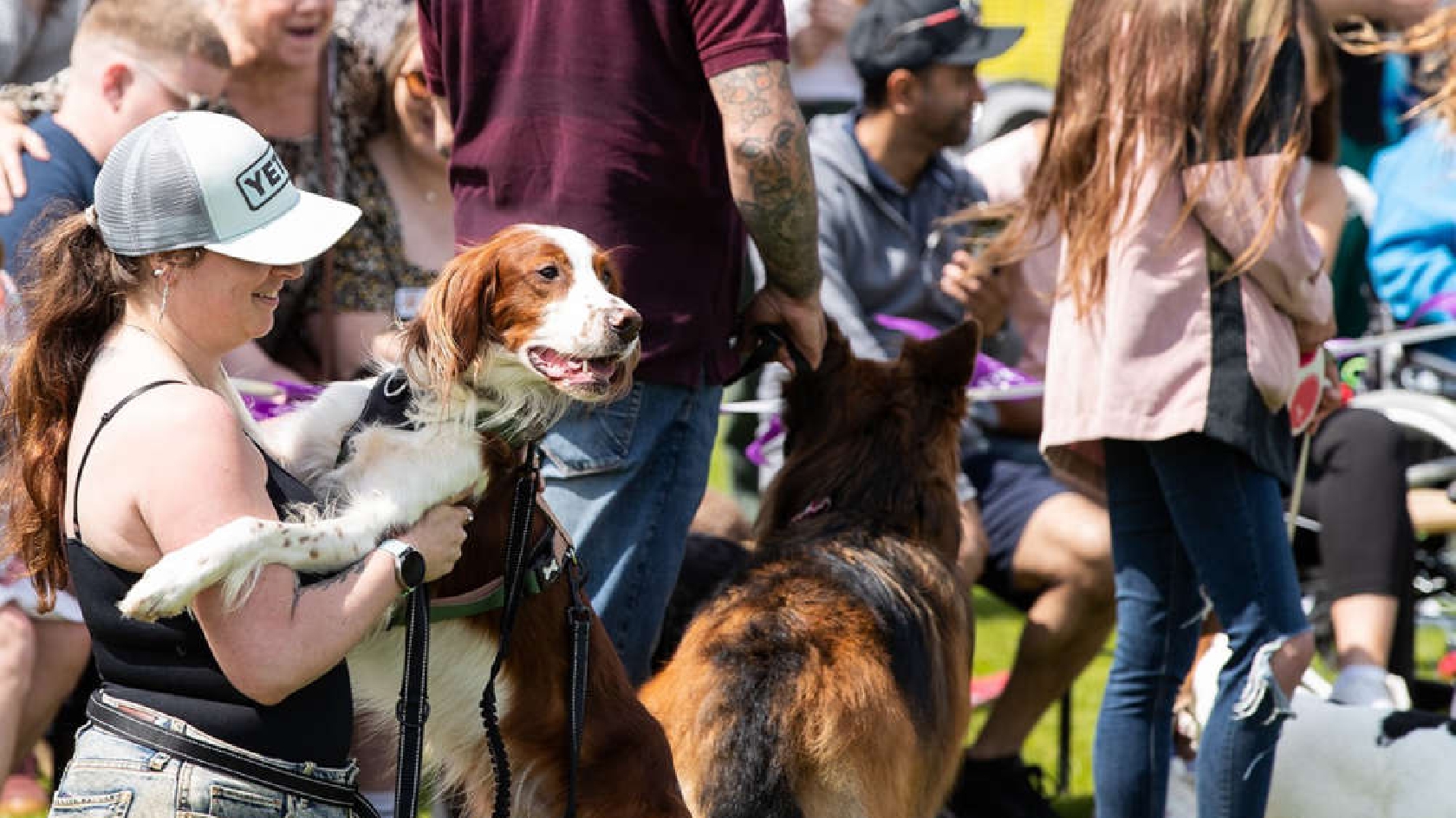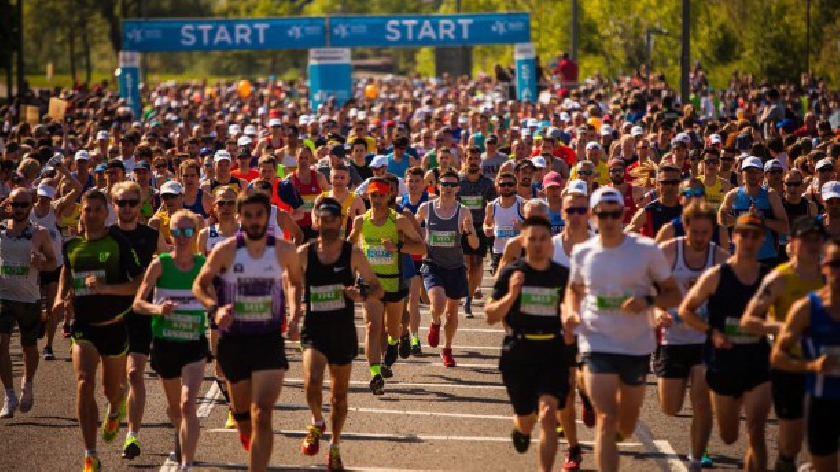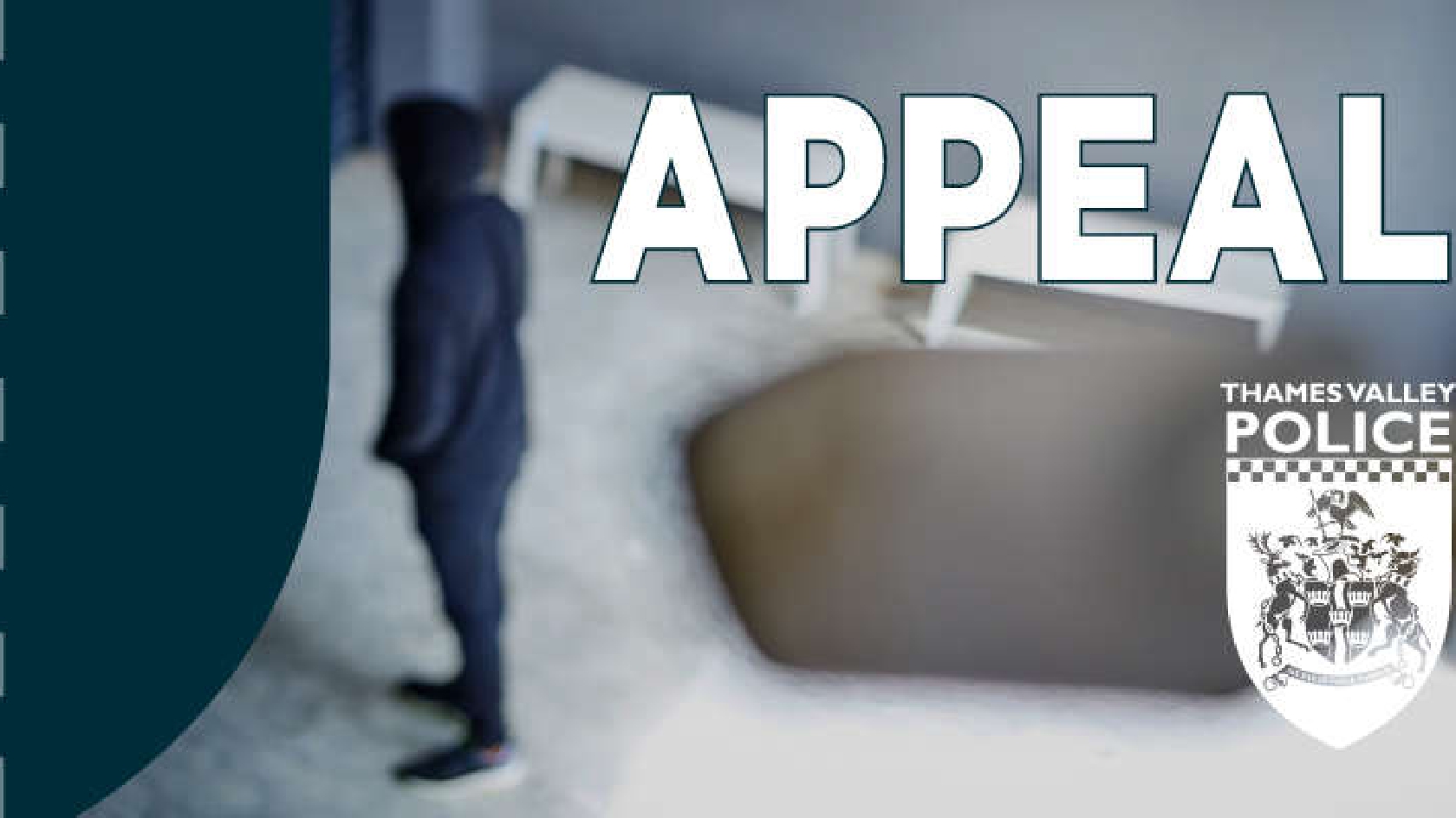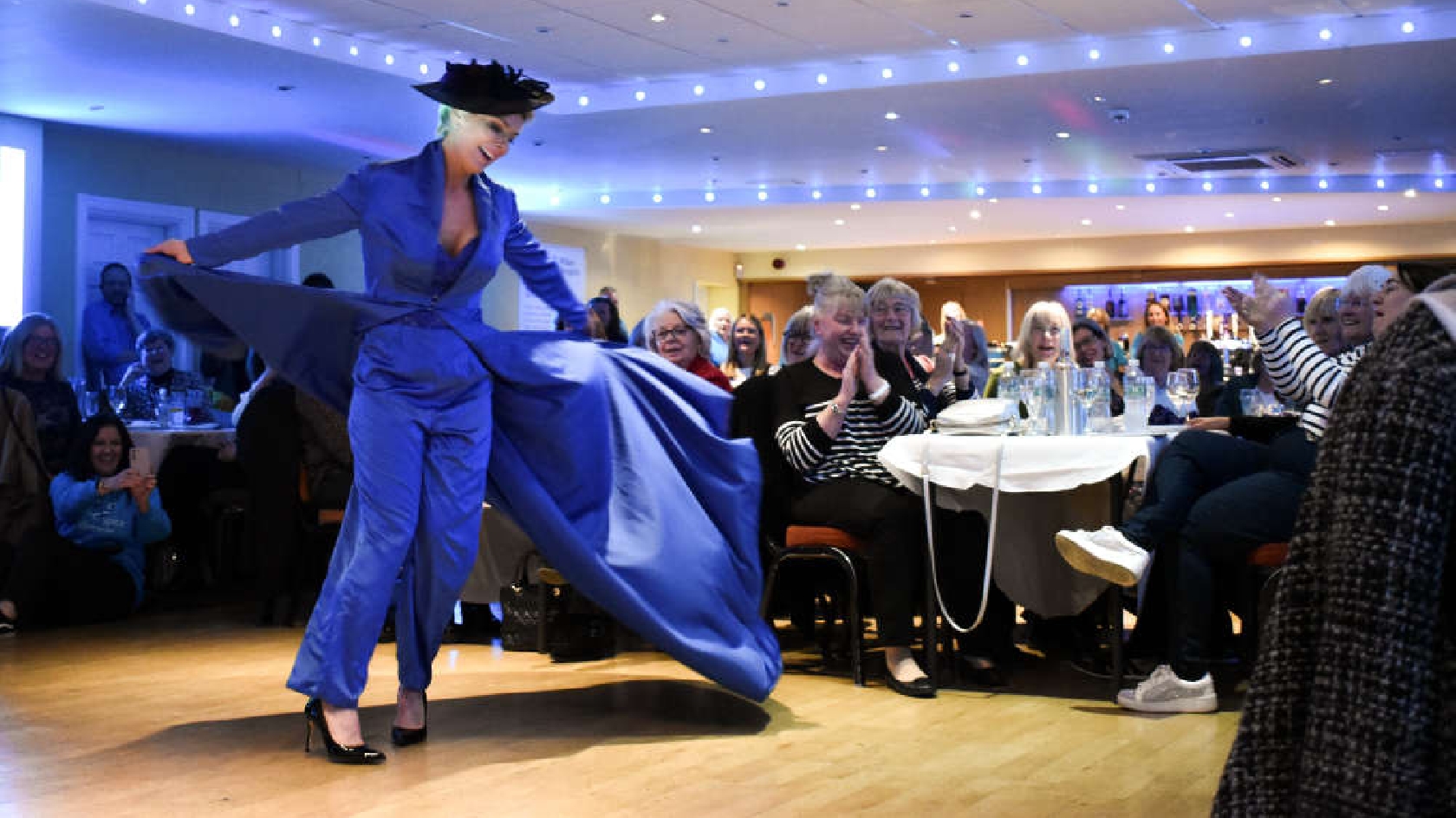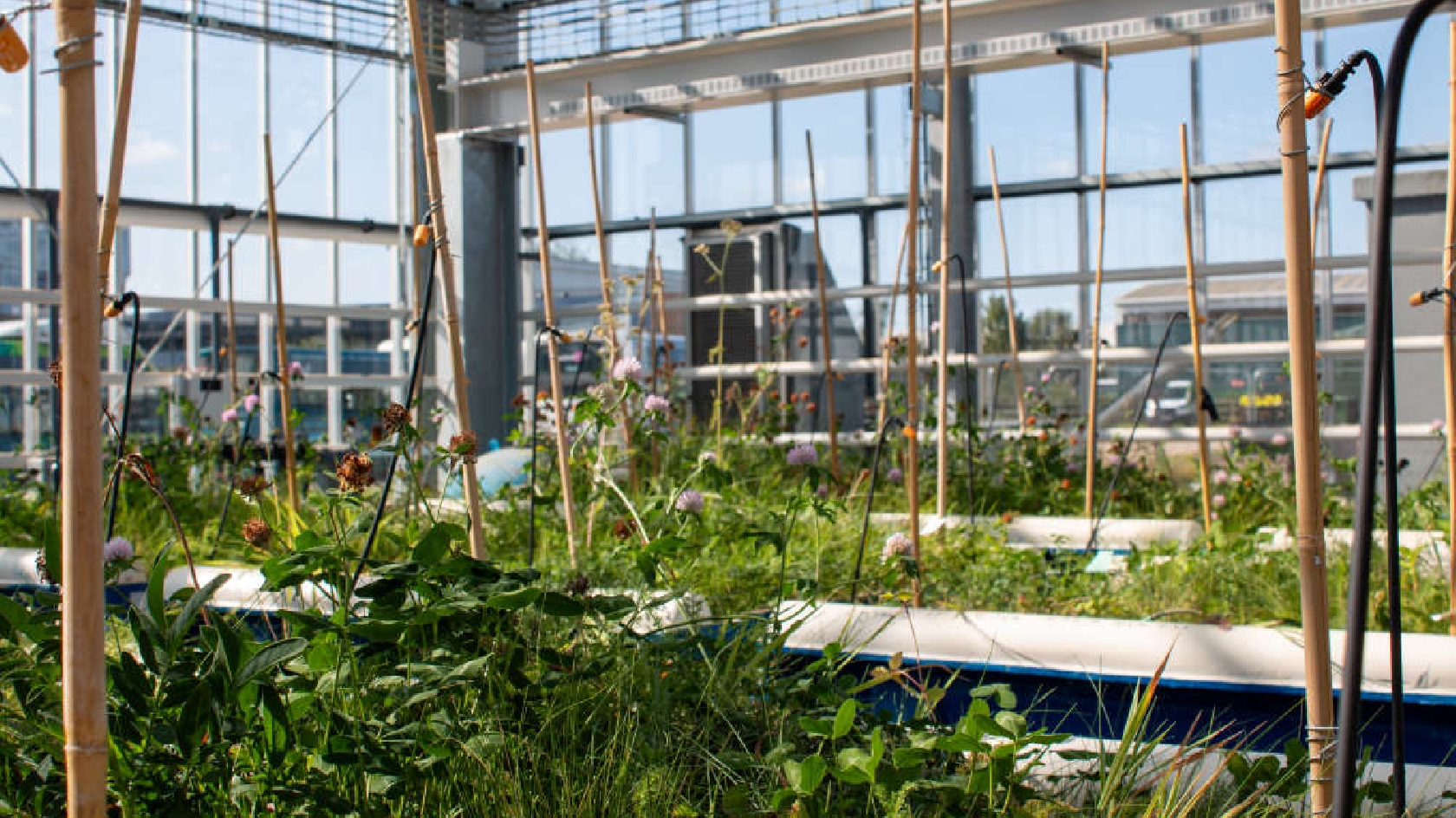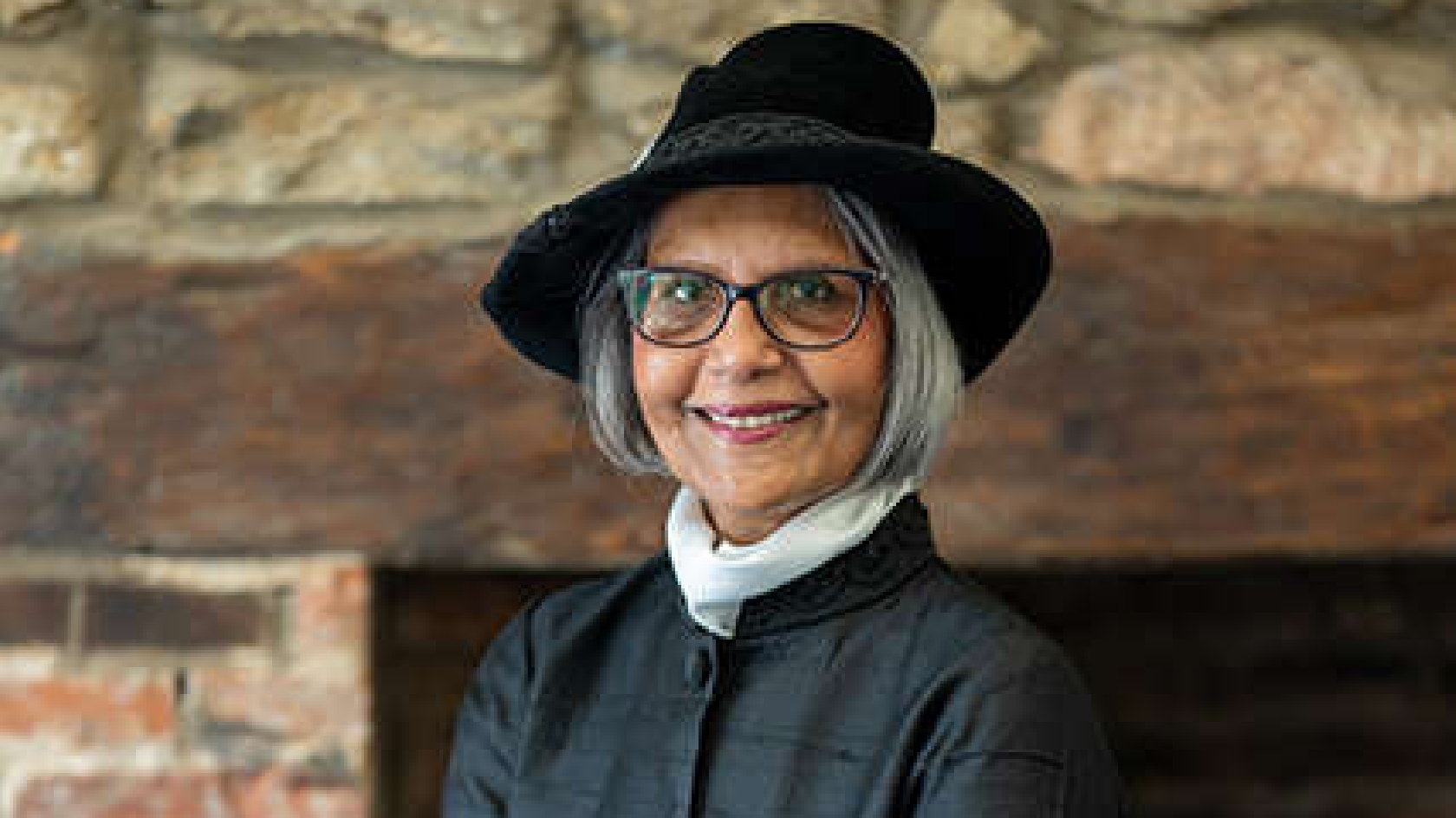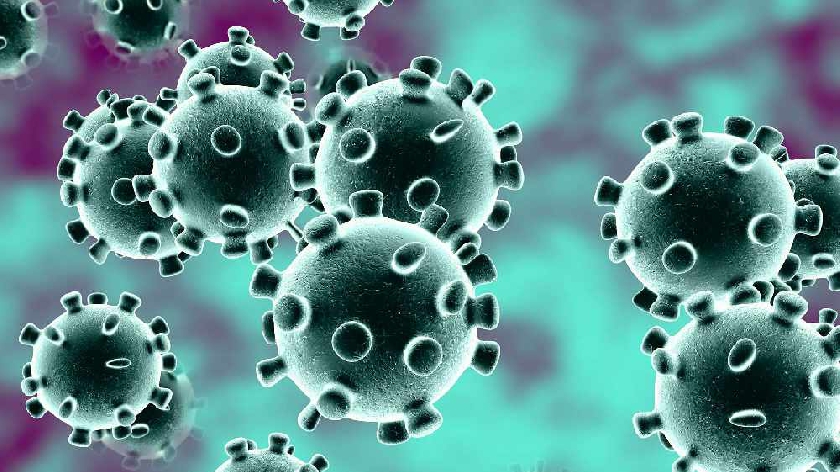
The situation is being closely monitored by the local public health team and the UK Health Security Agency (UKHSA).
The number of people testing positive in Milton Keynes for COVID-19 has risen significantly to more than 300 per day, as four people with the Omicron variant have been confirmed in the borough.
All four Omicron cases have links to travel and appropriate public health action has been taken.
It has been reported that there are also several further suspected cases are under investigation.
So far, there are early signs that the Omicron variant of COVID-19 is more transmissible than the Delta variant, which represents almost all cases in MK at present. This suggests that cases are expected to rise quickly now that the variant has been detected.
Residents are being urged to take sensible precautions to prevent spread such as wearing face coverings and taking regular lateral flow tests.
Director of Public Health for Milton Keynes, Vicky Head said: “There are many unknowns about the new variant, but we do know vaccination remains critical to reduce the chance of severe illness. Being vaccinated remains the single biggest thing you can do to protect yourself and your loved ones from COVID-19 and your booster will give you vital extra protection.
"However, vaccination alone isn’t enough, and it’s more important than ever to keep up with precautions like wearing a face covering, taking regular tests even if you feel well, and making sure you ventilate indoor spaces when meeting with others.”
Milton Keynes Council has issued the following tips:
Top precautions to reduce the risk of catching or passing on COVID-19 are:
- Be fully vaccinated. Find out more about booster vaccinations including walk-in sessions at www.blmkccg.nhs.uk/covid-19/booster
- Stay at home if you have COVID-19 symptoms and book a PCR test as soon as possible. Use lateral flow tests regularly even if you have no symptoms, as one in three people with COVID-19 will not experience symptoms.
- Wear a face covering in busy indoor areas. Face coverings are once again mandatory in shops and on public transport.
- The risk of catching the virus is higher in crowded and poorly ventilated places. When meeting up with people you don’t live with, choose an outdoor space if you can or open windows to let fresh air in if you meet indoors.
- Wash your hands with soap and water or use hand sanitiser regularly – especially before and after coming into contact with areas touched by many people, and before eating.
This news comes as Plan B measures have been put in place.
The new changes being introduced include:
- Reintroducing guidance to work from home, if you can, from 13 December
- Legally mandating face masks in "most public indoor venues", including theatres and cinemas from 10 December, with exceptions "where it's not practical, including while eating, drinking, exercising or singing"
- NHS COVID passes for nightclubs, unseated indoor venues with more than 500 people, unseated outdoor venues with more than 4,000 people, and any venue with more than 10,000 people
- Daily testing for people identified as a contact of a coronavirus case - with isolation required only for people who test positive

